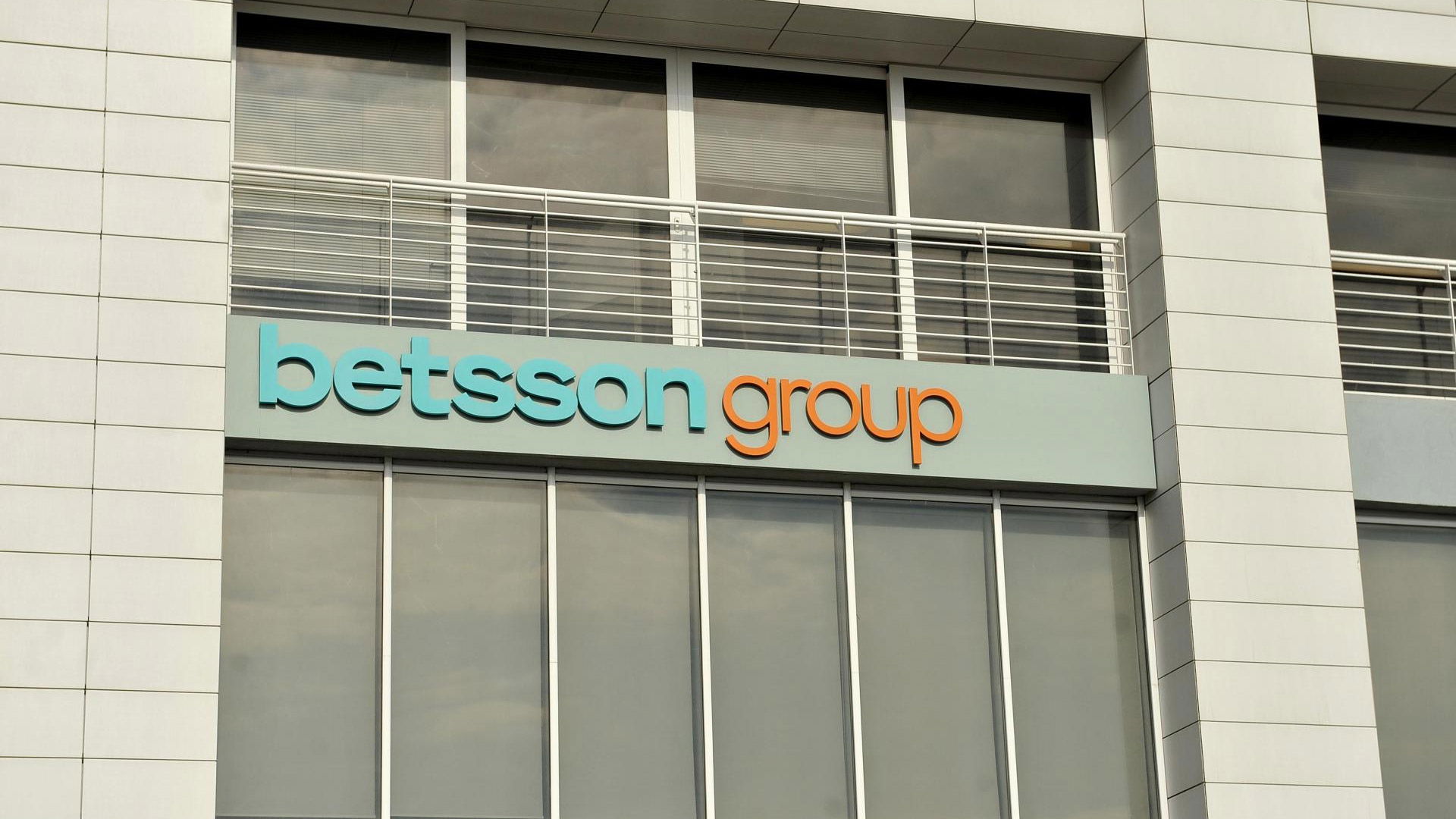Betsson reports 5.6% Q3 growth, driven by Italy and Latin America

Betsson AB reported revenue and profit increases for the third quarter of 2025, driven primarily by performance in Western Europe and Latin America, while maintaining stability in the face of new tax frameworks in several markets.
The Stockholm-listed operator posted group revenue of €295.8 million ($343.1 million) for Q3, a 5.6% rise from €280.1 million ($324.9 million) in the same period last year. For the first nine months of 2025, revenue increased 11.7% to €893.1 million ($1.04 billion).
EBITDA grew 2.7% to €82.5 million ($95.7 million) in Q3 and 6.5% to €244.4 million ($283.5 million) year-to-date, while net income rose to €50.1 million ($58.1 million) from €43.4 million ($50.3 million) a year ago. Operating income reached €66.9 million ($77.6 million) for the quarter and €199.9 million ($231.9 million) for the first nine months.
“In the third quarter, revenue increased by 6% and operating profit by 4% compared with the corresponding period last year,” said Pontus Lindwall, CEO of Betsson AB. “With the customer in focus, Betsson continues to drive the digitalization of the gaming market globally.”
Geographic contributions
Western Europe was a major contributor to quarterly performance, accounting for 19% of total revenue at €56.9 million ($66.0 million), up 27.3% from €44.7 million ($51.9 million) last year. The company cited improved sportsbook and casino results in Italy as the primary factor. Italy recorded an all-time high revenue during the quarter, led by its online casino product, as the country prepares to implement a new licensing framework in November.
Central and Eastern Europe and Central Asia (CEECA) generated €119.3 million ($138.4 million), a 2.6% year-on-year increase. Croatia and Greece achieved record revenue, offsetting declines in Georgia and Estonia. Nordic revenue fell 20% to €36.4 million ($42.2 million).
Latin American operations
Latin America remained a central growth driver, producing €76.5 million ($88.7 million) in Q3, up 10.2% from €69.4 million ($80.5 million). Casino revenue in the region reached a record €56.6 million ($65.7 million), up from €46.1 million ($53.5 million) last year. Sportsbook revenue fell to €19.8 million ($23.0 million) from €23.1 million ($26.8 million) due to seasonal factors and lower margins following last year’s major football tournaments.
The company maintained growth across Argentina, Peru, and Colombia, while continuing its market launches in Brazil and Paraguay. Latin America accounted for 26% of group revenue in Q3, compared with 28% in Q2.
Managing tax and regulation
Betsson noted increased tax pressure in certain European and Latin American markets, including France, Colombia, and Chile. However, the company said these developments had minimal impact on its Q3 results. Costs of services rose slightly from €101.4 million ($117.6 million) to €106 million ($123.0 million), but profitability continued to rise.
Lindwall said Betsson’s diversified portfolio and multi-market strategy mitigate the risks of weaker performance in specific areas. “We have a proven, successful product portfolio consisting of both casino and sports betting, as well as a well-diversified mix of revenues from different geographical regions,” he said.
Future outlook and share buyback
Betsson reiterated its long-term objective to “grow faster than the market” through regulated market expansion, B2B development, and continued investment in technology. The company has launched a €40 million ($46.4 million) share buyback program managed by Arctic Securities AS, running until April 30, 2026.
Lindwall added: “I look forward with confidence to the end of the year and ahead to 2026 with the upcoming World Cup in football. Our strong balance sheet enables continued investments in product development and strengthened market positions to support continued stable profit growth and dividends to our shareholders.”
















